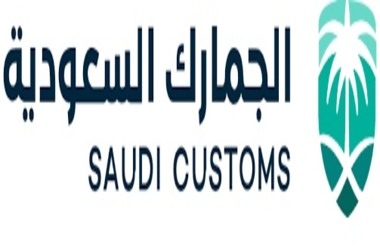
Saudi Customs is the governmental authority responsible for facilitating the safe and efficient import and export of commercial goods and related services by land, sea and air. The pilot aimed to connect FASAH to TradeLens for selected services in order to guarantee immutability, traceability, reduced reconciliation, auditability and compliance.
“The pilot comes in line with our strategy that aims to facilitate trade and enhance security levels, while working to establish the kingdom as one of the world’s premier logistics hubs” said H.E Mr. Ahmed Alhakbani, Governor of Saudi Customs.
The launch is part of ongoing trials and is part of the Authority’s commitment to achieving the ambitious goals set out in Vision 2030 of Saudi Arabia, which aims to diversify the Kingdom’s economy, attract international investment and drive overall growth through the adoption and implementation of innovative technologies and practices.
By adopting the blockchain, Saudi Customs aims to be the first in the region to provide outstanding customs services, which will make the Kingdom a global logistics hub.
“The recent pilot to link FASAH to the TradeLens platform clearly illustrates that we are on the right track,” added the Governor of Saudi Customs.
Tarek Zarg El Aioun, Country General Manager, IBM Saudi Arabia said “We believe blockchain is playing a vital role in creating new trust-based digital ecosystems for agencies like Saudi Customs. Through its adoption of blockchain-enabled TradeLens, Saudi Customs is helping transform the shipping industry in the region and enabling faster, transparent and more efficient real-time operations.”
In this context, Maersk Saudi Area Director Said Mohammed Shihab said “We believe at Maersk that blockchain technology will play an important role in digitizing global shipping. We are in the forefront of adapting and harnessing this technology to that effect.”
He added, “Today we are proud to combine the blockchain technology empowered by Tradelens, the expertise of Saudi Customs along with our shipping expertise to deliver a significant milestone in the adaption of this technology.”
Saudi Customs is a key player in the Saudi trade and logistics landscape, testing the use of blockchain to create a real solution for a fragmented peer-to-peer business ecosystem to solve difficult problems such as platform challenges, business challenges, data interoperability, and solution development (the need to build, test and deploy a large complex system).
Saudi Customs is an early adopter of the blockchain to educate, experiment and extend to the wider ecosystem by setting realistic expectations, experimenting, understanding the decentralized nature of this technology and preparing to move away from traditional platform technology.